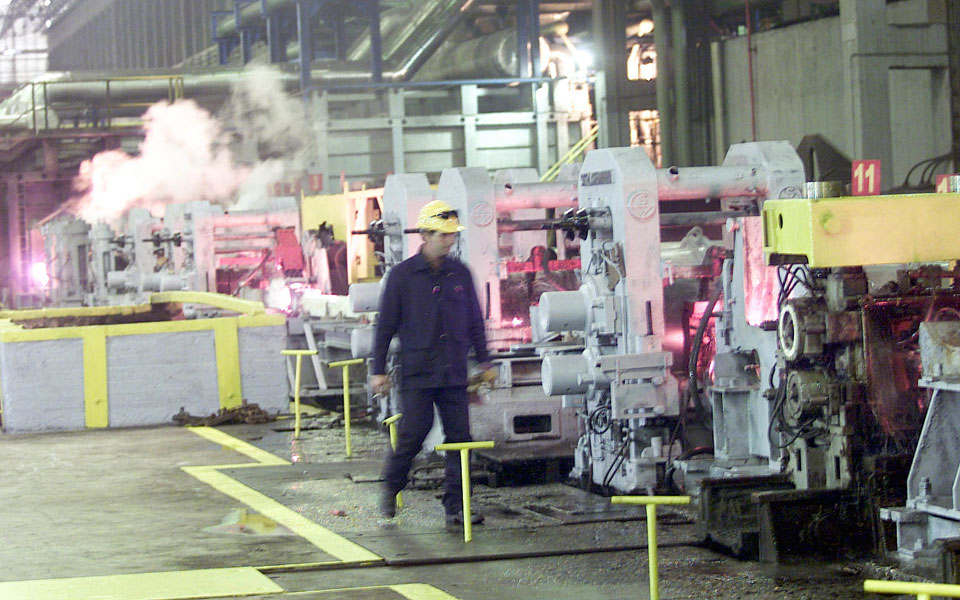Untapped potential of manufacturing

Manufacturing is able to offer great benefits to the Greek economy, as long as the state understands its problems – horizontally and then separately in each domain – and helps in the creation of a friendlier environment, said Michalis Stasinopoulos, head of the Athens-listed Viohalco group and president of Hellenic Production – Industry Roundtable for Growth.
“During the decade of the financial crisis, from 2009 to 2019, without any substantial state support and thanks to the struggle of the entrepreneurs themselves and the top-standard scientific and technical skills of workers, the exports of manufacturing products increased by 64%, to reach up to almost 20 billion euros last year – i.e. more than tourism,” Stasinopoulos said.
The head of Hellenic Production cited the example of the Greek textile industry: “Up until 20 years ago the sector employed some 200,000 workers. Today it has shrunk dramatically and is even threatened with extinction, while Greece is the sole country in Europe to produce cotton. Instead of using this comparative advantage to create a chain of value, to the benefit of the economy and society, we export our cotton to Germany, where it gets processed, and then we reimport it!”
Stasinopoulos added that cotton is not the exception: “When we speak of smart specialization, we should bear in mind several examples such as that of the textile industry, which we need to study, understand what went wrong and fix it where possible.”
For instance, textiles, as well as Greek manufacturing in general, have a major problem with energy costs, which are much higher than in most other European Union countries, said Stasinopoulos: “We also have particularly high non-salary costs and one of the worst investment amortization systems in Europe,” he argued.
For the head of Viohalco, internationalization, innovation and smart specialization are significant factors for strengthening the competitiveness of the Greek manufacturing sector, but in order to avoid “a leap into the unknown,” Greece should first understand the current situation: For decades manufacturing was quite simply absent from the public debate concerning growth strategies, and was forgotten by those making the political decisions; there was this stereotype that Greece is not fit for industry. The practical result was that there were never any political decisions to strengthen the competitiveness of Greek manufacturing, although it is more resistant to external shocks. concluded Stasinopoulos.





